Seven More Mistakes that Sabotage DBS Fruitfulness (and What to Do Instead)
By S. Crawley
I've facilitated and coached a LOT of Discovery Bible Studies over the years and have probably made every mistake there is to make.
When it’s facilitated well, a Discovery Bible Study (DBS) is excellent for:
- Serving spiritual hunger and interest in understanding God, the Bible and/or Jesus
- Allowing people to discover and connect with God for themselves
- Creating space for God to speak directly into peoples' hearts and lives
- Allowing social groups and communities with obstacles to institutional church to begin/continue the discipleship journey
However, there are many ways it can go wrong, especially when we are taking our first steps with this approach. Here are seven mistakes I have seen have the biggest impact on helping people to discover and encounter God (or not).
Seven Mistakes that Sabotage DBS Fruitfulness
1. Do it with people who aren’t hungry (or at least open) to know God
DBS is intended to serve hunger and interest that the Holy Spirit is already stirring in somebody.
There's nothing magical about the process and by itself it can achieve nothing. It's simply a way of creating space for hungry hearts and minds to be exposed to God's character and story.
DBS will powerfully serve people who want to explore, but probably won't be much use to people who don't.
2. Focus on the methodology and technique
It's very easy to focus on "doing things right" instead of "doing the right things".
This trap is especially easy to fall into when we’re first learning to facilitate DBS.
The process is still unfamiliar and it's easy to become so focussed on getting everything perfect that we kill the sense of exploration and wonder. For most facilitators it takes several experiences to get comfortable with the process and start hitting every question.
So, take a deep breath, and allow yourself time to learn! Relaxed exploration will be better for the group than tense perfection.
3. Allow one person to dominate
People with a lot of Bible knowledge can be a great resource, but they can unwittingly sabotage a DBS.
One of the most powerful things about the Discovery is the way it opens up discussion and involves everybody in the group. Because the focus of DBS is what God is saying to US and through THIS passage, it levels the playing field. Everybody brings a different perspective to the Scripture and will have something to contribute.
Good facilitators ensure that every voice is heard so that the group can benefit from this diversity.
4. Do it with a group who don’t have any trust or relational chemistry
Social dynamics can be challenging when a group doesn’t know each other.
Everyone’s energy and attention are being spent working out who the other members are and how to relate to them. In addition, trust takes time to grow which makes it harder for members to be authentic and vulnerable to the Word and each other. This doesn't stop God speaking, but it makes for a less-than-ideal DBS environment.
DBS works best when a group of people already know and trust each other.
5. Don’t ask the application question
"How can you apply this to your life?" - this is one of the questions that will supercharge your DBS experience.
By itself, the DBS process will give us an intellectually stimulating discussion that never impacts our lives. With this question, the written Word connects with our daily lives and creates space for the Holy Spirit to nudge us towards healing, freedom and transformation. It leads to action and gives each member the chance to respond to God and experience His faithfulness.
The power of this question snowballs when multiple group members are experiencing God through this question - don't leave it out!
6. Don’t ask the sharing question
"Who else would benefit from hearing what you've learned today?" - this is the other question that can spark dramatic things.
The premise of this question is simple - if we have received something valuable, we have something to pass to others. Our Father loves giving us good things and simultaneously giving us opportunities to bless those around us. It's just what He does.
This question opens doors for His love and blessing to spread - don't leave it out!
7. Focus exclusively on Jesus without the context of God’s story
When we jump to Jesus too quickly, people struggle to understand God's character and story.
Yes, Jesus is absolutely central to understanding both of these things.
However, without the Old Testament context it can be hard for people with other cultural and religious backgrounds to see more than a magical miracle-worker. God's work in Creation and His invitation to us are profound, and it's difficult to appreciate His depth if people only see the Gospels.
Consider grounding the groups' understanding of Jesus and the Father in Genesis 1-3 to give them a clearer sense of what God is inviting them into.
Avoiding these mistakes can your learning journey of coaching and facilitating DBS can be fun and rewarding. Enjoy the ride!
For Reflection
1. A Scripture - John 6:44-45
What does Jesus' teaching tell us about the importance of creating space for people to discover and hear from Father God?
2. A thoughtful question
Which of these 7 mistakes are you most likely to make, and why?
3. A possible application
Prayerfully make a plan to avoid this mistake in your next DBS, and observe what happens. Debrief with a trusted friend or leader who understands DBS.
Discipling the Urban Harvest provides practical insights and encouragement to walk with God in multiplying discipleship in an increasingly urban world - growing as children of the Father, serving the communities He has called us to, and discipling those hungry to know Him.

